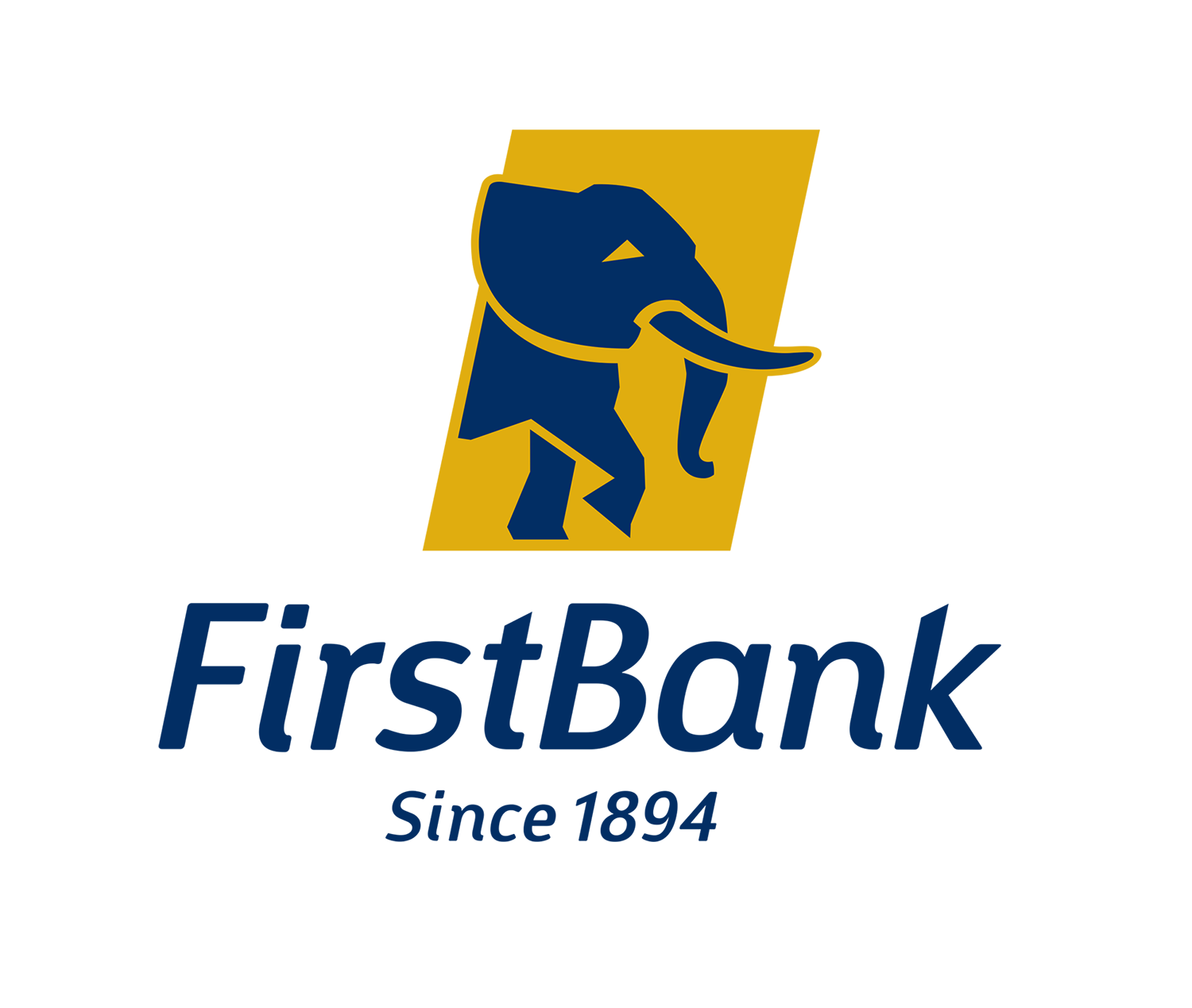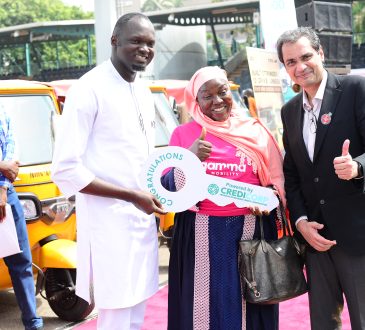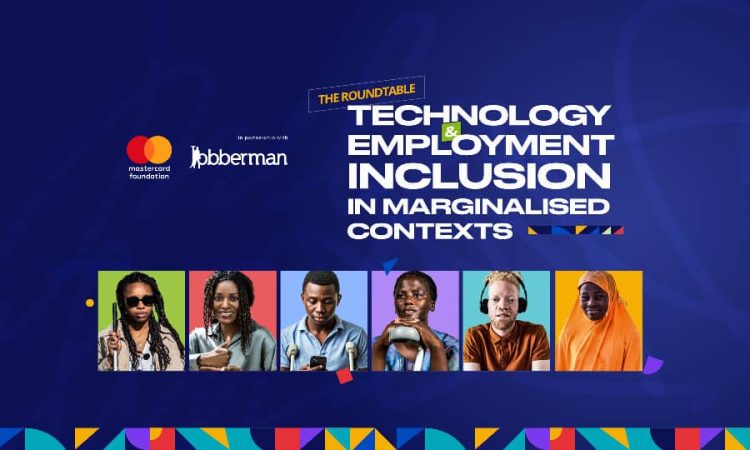
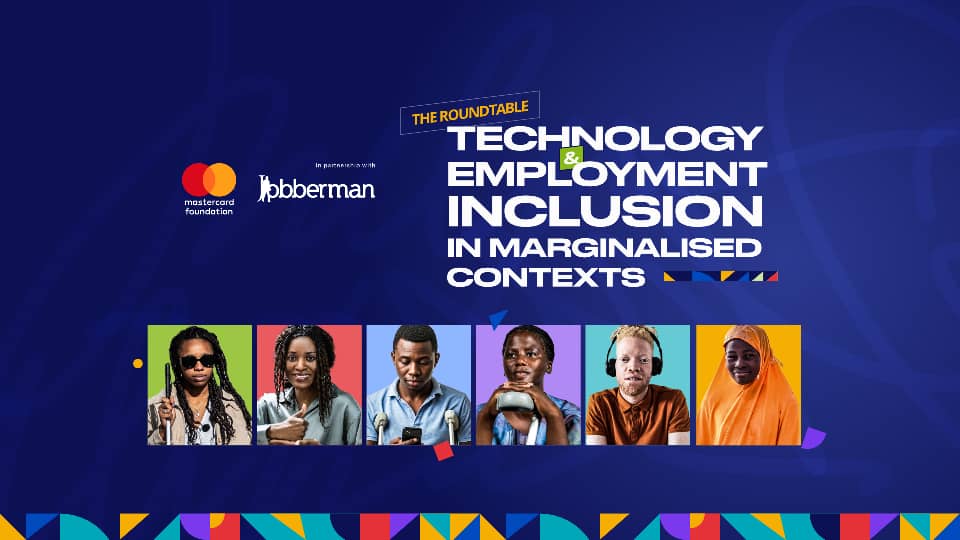
As Nigeria’s labour market evolves and becomes increasingly shaped by digital innovation, remote work, the gig economy, and the expansion of career pathways, new opportunities are emerging for job seekers across the country. However, amidst this transformation, Persons with Disabilities (PWDs) continue to face deeply entrenched barriers that limit their full participation in the workforce. Despite the promise of the internet age, many PWDs still navigate systemic obstacles, including inadequate infrastructure, limited access to technology, and persistent societal stigma.
Recent research by Jobberman Nigeria, featured in its 2025 report “Technology and Employment Inclusion in Marginalised Contexts,” highlights both the strides made and the road still ahead in achieving true disability inclusion. The report reveals how PWDs, faced with the limitations of both physical and digital worlds, have adopted a hybrid or “phygital” job-seeking strategy blending traditional methods like in-person visits and word-of-mouth referrals with digital platforms such as WhatsApp, Facebook, and Telegram.
WhatsApp, in particular, stands out as a critical tool for job-seeking among PWDs. Its low data consumption, user-friendliness, and strong community networks make it the most successful digital platform, with 45% of PWDs using it for job searches and a 55% reported success rate. Unlike open job boards like LinkedIn that often overwhelm users with fake job ads or irrelevant listings, WhatsApp provides a more curated, trust-based experience. By contrast, platforms like Facebook and Instagram, though widely used, suffer from algorithmic filters and fake ads that reduce their effectiveness.
There is, however, a growing awareness of more formal job platforms such as Jobberman and LinkedIn. These platforms offer structured listings and career resources, yet their adoption by PWDs remains modest. Barriers such as low awareness, perceived complexity, and accessibility issues continue to deter usage. Even when PWDs overcome these challenges, they often face systemic bias, employers overlooking their applications or doubting their ability to perform. In response, many PWDs resort to concealing their disabilities online, omitting any mention in their profiles and preferring virtual interviews to hide mobility or visual impairments; these strategies are aimed at securing a fair shot at the job before judgment is passed.
Hiring practices further reveal disparities between Nigeria’s formal and informal sectors. The informal sector leads in inclusivity, with 33.6% of employers hiring PWDs compared to 27.6% in the formal sector. This is likely due to the flexibility and reduced bureaucratic processes in informal workplaces. Sectorally, agriculture (35.9%) and the creative industries (28.3%) show greater openness to hiring PWDs, as do freelance and gig roles enabled by remote work, especially in digital and retail spaces.
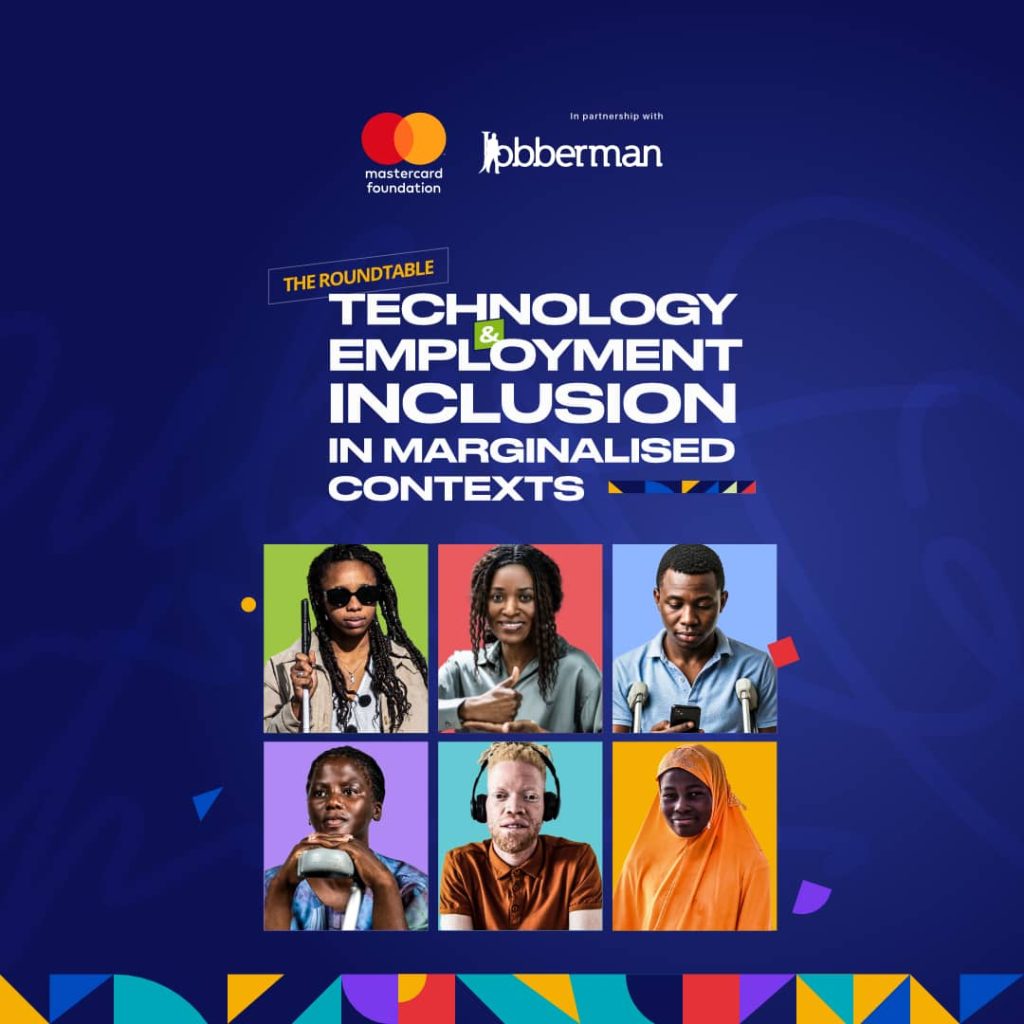
Interestingly, regional trends challenge common assumptions. States in northern Nigeria, such as Kano, report some of the highest inclusion rates; Kano stands at 56.2%, significantly higher than Lagos at 13.9%. This pattern reflects stronger community networks, grassroots advocacy, and a necessity-driven approach to adaptation and inclusion in Northern Nigeria.
Despite the obstacles, PWDs continue to demonstrate success in roles that value creativity, communication, and digital fluency over physical presence. From virtual assistance and data entry to graphic design, writing, education, and entrepreneurship, PWDs are excelling in fields that offer flexibility and allow talents to shine without the constraints of mobility. These opportunities are further enabled by digital tools that help PWDs learn, collaborate, and work remotely.
Still, there are spaces to fill, especially in digital literacy, formal education, and soft skills like negotiation and self-confidence. These challenges are compounded by the lack of accessible infrastructure, such as ramps, screen reader compatibility, and reliable transport systems. Without targeted support, many PWDs risk being left behind in a labour market that increasingly rewards digital and soft skills.
Jobberman Nigeria, however, is rising to meet these challenges. As the country’s leading recruitment platform, it is actively driving disability inclusion through system-wide changes. By making its platform screen-reader friendly and low-bandwidth compatible, Jobberman is improving digital accessibility. Through partnerships with the Mastercard Foundation and disability-focused organisations, it delivers training in soft skills, entrepreneurship, and digital tools to thousands of marginalized youth, including PWDs.
Jobberman’s work also extends to employer engagement, advocating for inclusive recruitment, organising roundtables, and providing employers with data and best practices to support diverse hiring. Furthermore, its research and policy advocacy efforts push for employment quotas, legal protections, and incentives to encourage organisations to prioritise inclusion.
Yet, real and lasting change demands a collective effort. Employers must adopt inclusive recruitment practices and create work environments that accommodate PWDs. Policymakers must enforce disability-friendly labour laws and invest in infrastructure. Training providers must prioritise accessible, mobile-first content that equips PWDs with relevant skills. And communities and media must challenge harmful stereotypes, celebrating the stories and successes of PWDs who are thriving in diverse roles across sectors.
Ultimately, disability inclusion is not just a moral imperative, it is an economic one. Unlocking the potential of all Nigerians, regardless of ability, is essential for national growth and innovation. As Jobberman’s work shows, meaningful progress is possible. Now, all stakeholders must step forward to ensure that disability inclusion is no longer a footnote, but a foundation of Nigeria’s future workforce. Read full report here: https://www.jobberman.com/research



